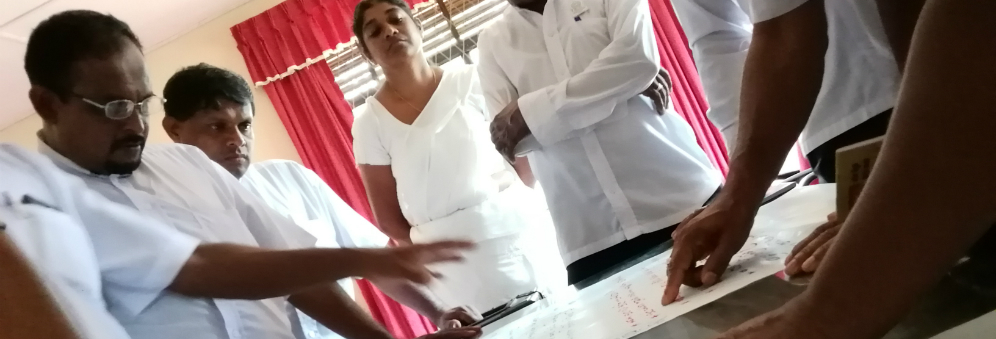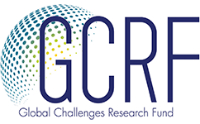Reducing suicide risk in Sri Lanka
More people survive suicide in Sri Lanka than ever before – but there’s no let-up in the number of people attempting it.
The challenge
Nearly 40% of suicides take place in the low-to-middle-income countries of South East Asia, even though these nations make up just 26% of the world’s population. Despite reducing mortality by banning several toxic chemicals common in self-poisoning, Sri Lanka still has a high rate of self-harm, with young, economically active adults among the hardest hit. We want to understand why some people are more likely to try taking their own lives than others – and help change it.
What we’re doing
I've been researching this issue for many years – as part of my University of Bristol PhD, I helped collect and analyse information from a survey of 54,000 Sri Lankan households. My work, in conjunction with the University of Peradeniya, uncovered links between the family environment and the risk of self-harm.
For instance, a low-income household where the female works abroad seems to be at greater risk of experiencing suicidal behaviour, though it’s likely the increased risk is due to factors, such as alcohol misuse, that were already present before any migration.
We've collected a lot of valuable data and now our aim is to publicise these results locally, so that they can be used to help guide local action and policy making.
How it helps
One key example is, with more suicide survivors to care for, stretched health services in Sri Lanka are under even more pressure. Our findings can be an important resource in understanding how to reduce that burden.
Our research doesn’t make decisions or suggest what should happen next. That’s why we need to collaborate with other groups. By talking to NGOs, governments, local people and the media, we hope our results help the right people make a real impact on the causes and effects of self-harm and suicide in Sri Lanka.
Lead researcher
Related publications
Partner organisations
- South Asian Clinical Toxicology Research Collaboration
- University of Peradeniya
Global challenge research
We're tackling the world's biggest problems through collaboration and innovation.

